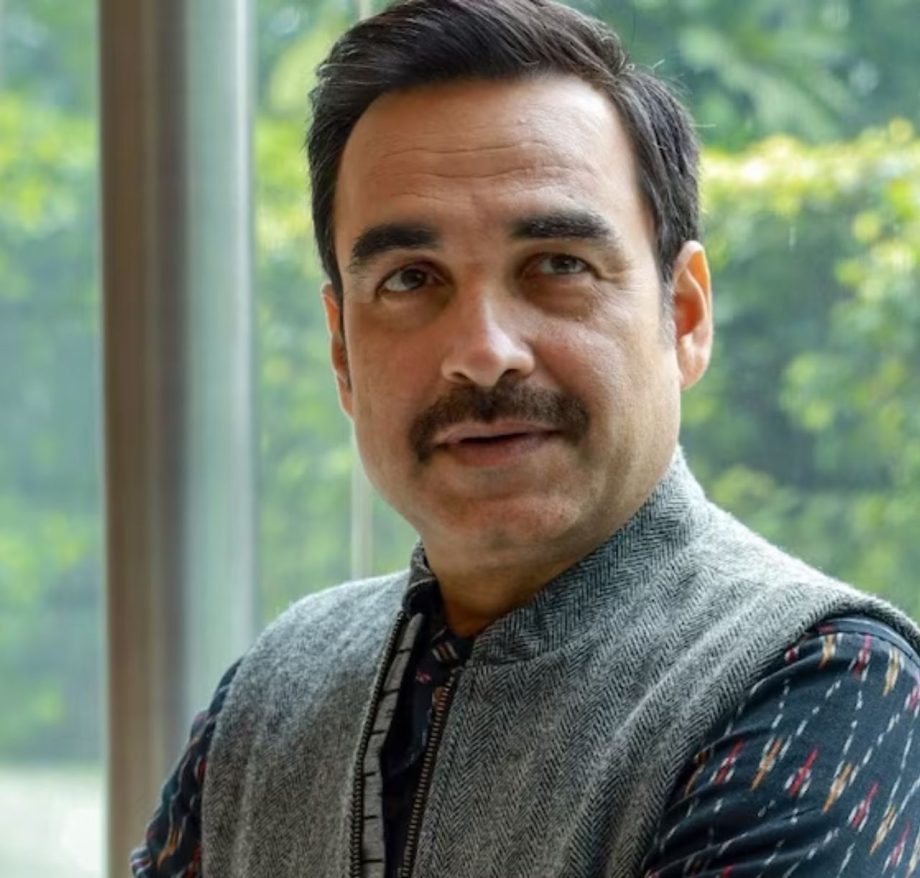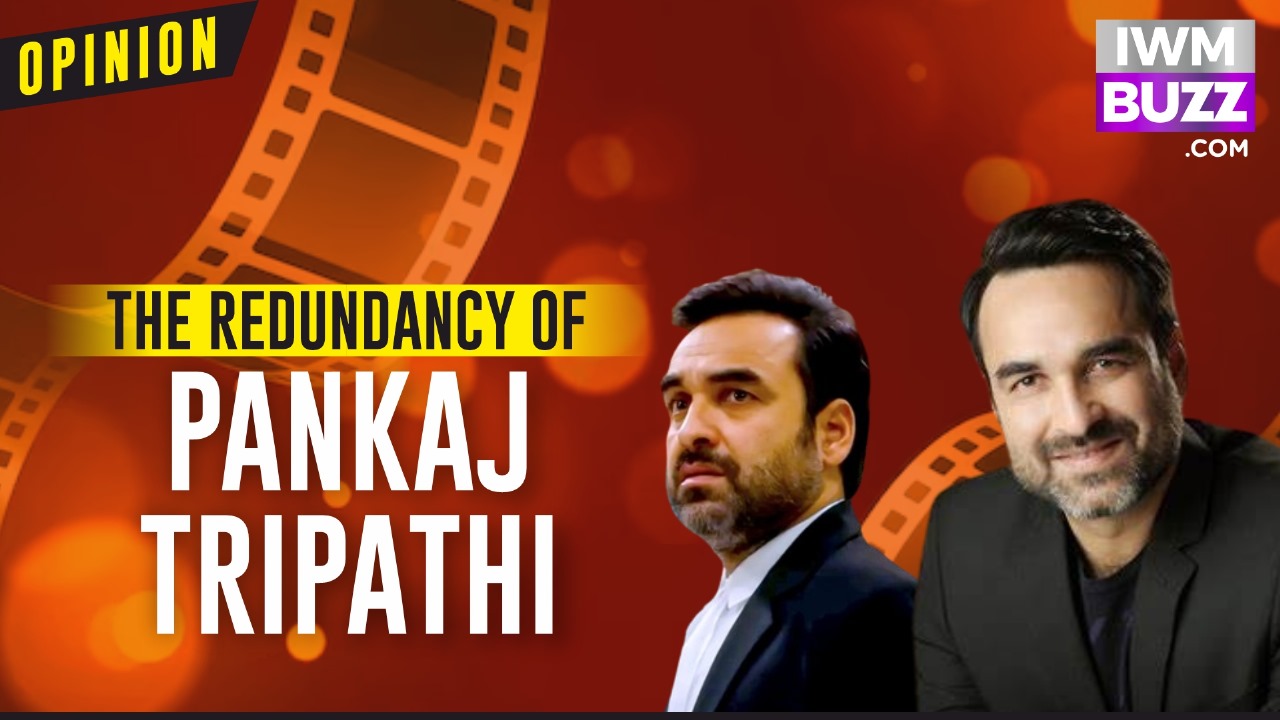Pankaj Tripathi, an actor celebrated for his understated yet impactful performances, has garnered acclaim across the Indian film industry. Emerging from the prestigious National School of Drama, Tripathi’s journey into cinema began with modest roles in films like “Agneepath,” “Omkara,” and “Raavan.” However, his breakout portrayal in “Gangs Of Wasseypur” etched his name in the annals of Indian cinema, showcasing his ability to imbue characters with depth and nuance.
Tripathi’s career has been defined by his ability to embody a diverse array of roles, from the enigmatic crime lord ‘Kaleen Bhaiyya’ in “Mirzapur” to the philosophical ‘Guruji’ in “Sacred Games.” His versatility and commitment to character have earned him accolades, including a National Film Award for his role in “Mimi.”
Yet, amidst the applause, somewhere, it feels that the shadow of ‘typecasting’ looms over his recent craft.
As a Tripathi lover, I find myself increasingly sceptical of Tripathi’s recent performances. Not just Mirzapur, but if you also see Kadak Singh, Murder Mubarak. While his early roles showcased a refreshing blend of charisma and raw talent, his more recent portrayals seem mired in predictability. Whether playing a mafia don or a spiritual guru, there’s an unsettling sense of déjà vu pervading his performances.

Tripathi’s analogy of acting as flowing like a river is intriguing, yet it raises questions about the depth of his character exploration. Is he genuinely evolving as an actor, or has he settled into a comfortable niche that offers little room for growth? For now, it just looks monotonous somewhere. Giving those same old cold stares and saying lines – definitely not serving the magic that he is known for.
The roles may vary superficially, but the underlying essence often feels stagnant—a recycled portrayal of the same archetype adorned with different costumes and settings.
Critics may argue that Tripathi’s consistency reflects mastery, but I contend that true mastery lies in pushing boundaries and challenging oneself. By pigeonholing himself into familiar roles, Tripathi risks diluting the impact of his talent and limiting the range of characters he can convincingly portray.
In an industry where innovation and risk-taking often dictate success, Tripathi’s reluctance to venture beyond his established repertoire feels like a missed opportunity. While there’s merit in specializing in a specific type of character, it becomes problematic when it hinders artistic exploration and narrative diversity.
As a viewer invested in the evolution of Indian cinema, I yearn to see Tripathi break free from the shackles of typecasting and embrace roles that showcase his versatility. His talent is undeniable, but it’s time for him to challenge himself—and audiences—to expect more than just variations on a familiar theme.
Pankaj Tripathi’s career calls for a cautionary tale about the dangers of artistic complacency in Bollywood. While his contributions have been significant, there’s a pressing need for him to transcend the limitations of typecasting and rekindle the spirit of innovation that defined his early success. As viewers, we deserve performances that surprise, challenge, and inspire—and it’s up to Tripathi to reignite that spark in his future projects.

